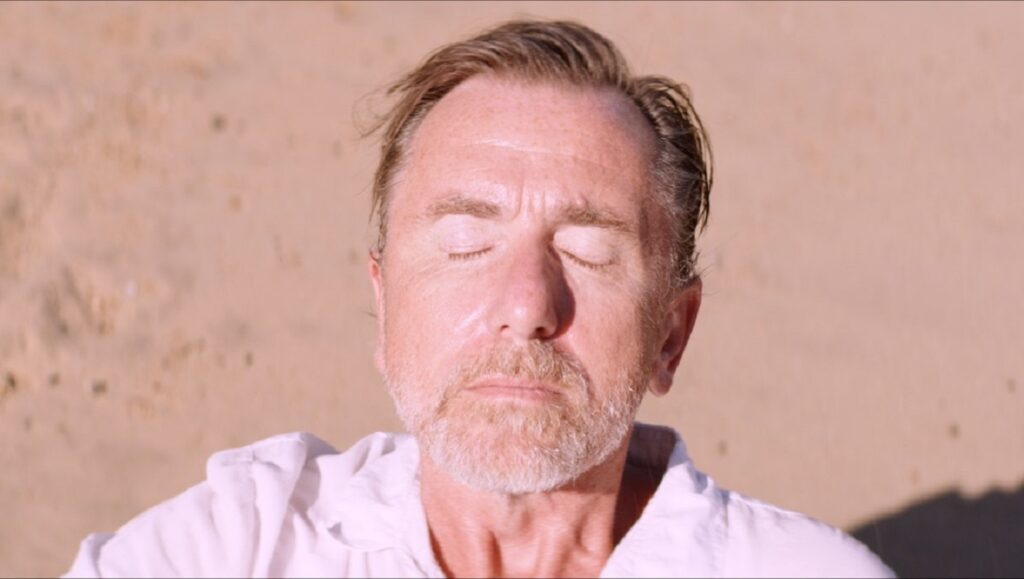Sundown finds Franco up to his usual tricks, offering some appeal in his refusal of convention, but little more.
Sort of the self-styled bad boy of international festival cinema (catch him on the red carpet in a leather motorcycle jacket), Mexican filmmaker Michel Franco has enjoyed the favor of programmers world over, his work almost always ensured a home at either Cannes or Venice. Compared to Michael Haneke since the early days of his career, Franco specializes in mean-spirited morality tales that wrestle with the human capacity for violence and cruelty in generally blunt fashion. His second feature After Lucia earned him the top prize in Cannes’ Un Certain Regard back in 2012, serving as the last moment when his work was warmly received by the critical community; the films that have come after are routinely ripped to shreds by the film writers who venture out to them (2015’s Chronic perhaps most infamous in this regard). This seems to be the sort of attention Franco courts, his films pairing bleak subject with mischievous, narrative subversion intended to fluster and disappoint, each one seemingly conceived as an act of aggression against the audience in the same spirit as both of Haneke’s Funny Games.
With no signs of slowing down, nor any interest in turning over a new leaf, Franco returned to the Venice Film Festival with his latest feature Sundown precisely one year after premiering New Order there. A rather crass Buñuelian riff critiquing Mexican bourgeois passivity/complicity in the face of a savage, rogue military, New Order received the negative attention one assumes his work will be met with, but also proved one of his stronger successes in the U.S., finding an audience thanks to savvy distribution by Neon in the early stages of New York City’s cinema reopenings. That film also was legitimately one of his strongest in a while, succinct and direct in its provocation; frustrating, but pointed — something that really can’t be said for this latest film.
Reteaming the director with Chronic star Tim Roth (who just so happened to be jury president of Un Certain Regard the year Franco won), Sundown casts him (also the star of 2007’s Funny Games) as Neil, a sullen wealthy European bachelor on vacation in Mexico with his sister (Charlotte Gainsbourg) and her two children. Roth and Gainsbourg’s vacation is interrupted by the news that their mother has passed, leaving them to inherit a massive fortune and business empire, a revelation that inspires Neil to abandon his family and stay behind in Mexico to get drunk and hook up with locals. Something of a cipher, Sundown’s main intrigue is parsing out Neil’s motivations which appear benign but remain vague, the film’s conflict eventually emerging when Gainsbourg returns to Mexico to confront him. From this point Franco gets up to his usual tricks, undercutting audience expectations by introducing un-foreshadowed plot twists that resist any sort of poeticism. It is a curious screenwriting exercise in many ways, most generously an attempt to approximate life’s seemingly chaotic cruelties even, but while Franco’s disregard for convention provides some admitted thrills, Sundown doesn’t manage any more than that.
Originally published as part of TIFF 2021 — Dispatch 6.


Comments are closed.